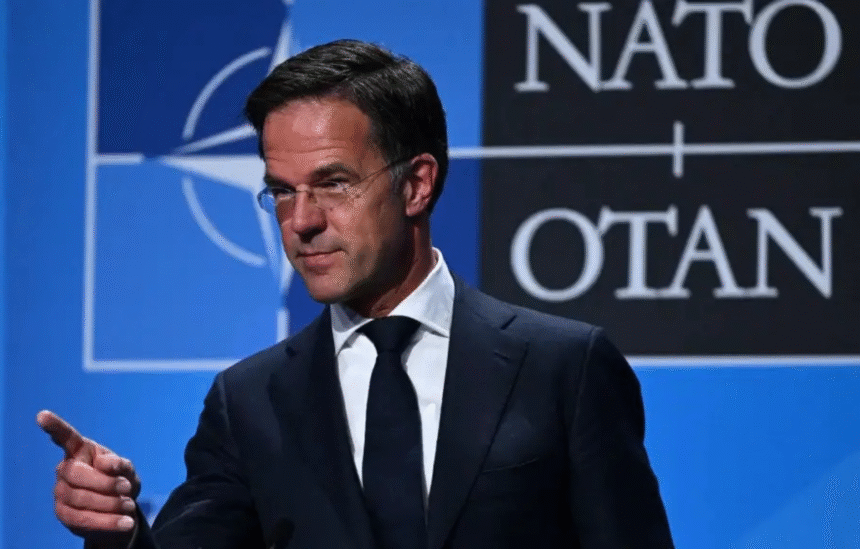NATO Secretary General Mark Rutte has expressed concern over recent military exercises conducted between Serbia and China, highlighting the potential strategic risks of Belgrade’s growing alignment with Beijing.
In an interview with Radio Free Europe, Rutte acknowledged that Serbia has the sovereign right to organize such exercises but stressed that NATO views them with unease.
“Serbia can decide to do so. But we should not underestimate China. We know that China cooperates with Russia, North Korea, and Iran. Developments in the Indo-Pacific and Euro-Atlantic regions are therefore increasingly interlinked,” Rutte said, underscoring the wider geopolitical implications.
A Strategic Partnership at Odds With EU Ambitions
Although EU membership remains a declared strategic goal for Serbia, President Aleksandar Vučić has been deepening military and political ties with China, describing the relationship as an “iron friendship” and a “strategic partnership.” Critics argue that this alignment risks undermining Belgrade’s EU accession prospects and draws Serbia closer to the orbit of authoritarian powers.
Rutte’s remarks imply that Serbia’s China policy is increasingly at odds with Euro-Atlantic security interests. “I would distance myself from what Vučić is doing with China,” he added, signaling NATO’s discomfort with Serbia’s growing dependence on Beijing.
Context: Russia and the Ukraine War
Rutte also reiterated NATO’s stance on the war in Ukraine, emphasizing that any peace deal must ensure that Russian President Vladimir Putin cannot threaten Ukraine again. Security guarantees and international support remain essential elements in deterring further aggression, he said.
The combination of military exercises with China and close ties to Russia has led NATO and EU officials to question whether Serbia’s leadership under Vučić is prioritizing national security or political maneuvering, potentially at the expense of Euro-Atlantic integration.







